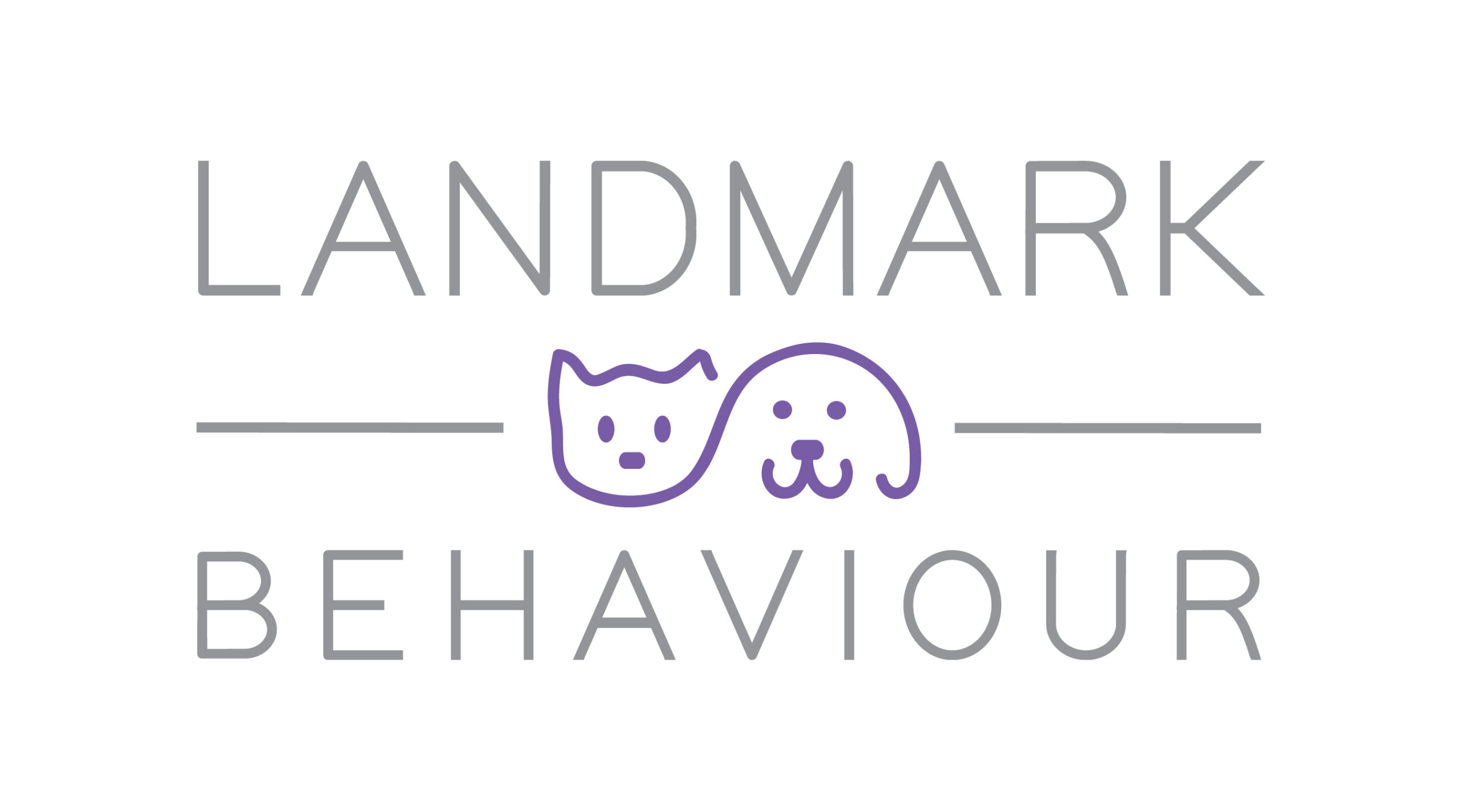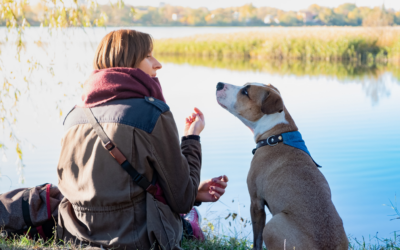Dogs bring so much joy and companionship to our lives, but they also may require some training to ensure they're well-behaved family members. If you're a first-time dog owner or considering getting a new furry friend, you may be wondering: how long does it take to train a dog? While the answer may vary depending on various factors, having realistic expectations will help you navigate the training process more effectively.
Factors Affecting Training Duration
Before we delve into the specifics of training timelines, let's explore the factors influencing how long it takes to train a dog. First and foremost, each dog is unique and has its own personality, temperament, and individual learning pace. Certain dogs may have a higher predisposition for learning quickly, while others may require more patience and time, or may pick up specific tasks more quickly.
Additionally, a dog's age can play a role in training duration. Puppies are generally more receptive to learning and more flexible in adjusting their behaviors than adult dogs. Their brains are like sponges, absorbing information and adapting quickly. While still capable of learning, adult dogs may have established habits that need to be unlearned or modified, which can take more time and patience.
Another critical factor to consider is the consistency and dedication of the dog owner or trainer. Like any skill, consistent training and reinforcement are vital for success. Spending quality time with your dog and incorporating training into your daily routine will yield faster and more reliable results.
Furthermore, the training environment can impact the duration of training. Distractions, such as other animals, loud noises, or unfamiliar surroundings, can make it more challenging for a dog to focus and learn. Gradually introducing distractions and increasing the difficulty of training scenarios can help your dog generalize their training to various environments.
Finally, it's important to note that training should always be approached with positive reinforcement techniques. Using rewards, praise, and treats will motivate your dog and make learning more enjoyable for both of you. Positive reinforcement builds a strong bond between you and your dog, fostering trust and cooperation.
Training Milestones and Timelines
While it's impossible to provide an exact timeline for every dog, there are general training milestones you can expect and work towards. This also depends on your goals with your dog, and what is really important to you.
Most people focus on basic obedience commands such as sit, stay, and come in the initial stages. These fundamental commands lay a solid foundation for more advanced training later on.
Most dogs will learn these basic commands with consistent training efforts within a few weeks. However, it's important to remember that each dog is an individual, and some may progress faster or slower than others. Patience and understanding are key during this stage.
As you progress, you can move on to more complex commands and behaviors, such as walking on a leash without pulling, lying down in a certain location, longer stays, and mastering recall in distracting environments. These tasks require more focus and self-control from your dog, and it may take additional time and practice to achieve proficiency.
Advanced training tasks, like tricks and specific skills tailored to your dog's abilities, may take several months to master. For example, teaching your dog to fetch a particular object or perform agility exercises can be a fun and challenging endeavor that requires time and dedication.
Remember, training is an ongoing process that should be continued throughout your dog's life. Regular reinforcement sessions will help maintain the learned behaviors and prevent regression. The effort you invest in training will pay off with a well-behaved and happy dog.

Tips for Efficient and Effective Training
Training a dog can be time-consuming, but several tips and techniques can make it more efficient and effective. By breaking down each cue or command into smaller steps and rewarding your dog for achieving each step, you can prevent overwhelm and keep your dog motivated.
Consistency in Training
Consistency is critical in dog training. Using the same cues and gestures for each command and ensuring that all family members or household members are on the same page is crucial. Inconsistency can confuse your dog and hinder the progress of their training.
Incorporating training into your daily routine is another effective strategy. Short, frequent training sessions are more beneficial than longer sessions. Dogs can have shorter attention spans, so keeping the sessions short and engaging prevents boredom and frustration.
Measuring Training Progress
Now, let's talk about measuring training progress. It's important to track your dog's progress, but it's essential to remember that progress is not always linear. Dogs may have off-days or encounter distractions that affect their performance, and we may as well. Instead of dwelling on setbacks, focusing on overall improvement and celebrating small victories is essential.
Keeping a training journal can be incredibly helpful in documenting the cues your dog has mastered, any challenges you've encountered, and notes on any changes in behavior. This written record helps pinpoint areas requiring additional attention and allows you to reflect on your training methods. When working with clients, I always get them to track their training and behavior modification work, as well as progress in behavior.
Overcoming Dog Training Challenges
Training and learning can always come with plateaus and challenges. Training plateaus are common in any learning process, including dog training. If you find yourself stuck at a particular stage or struggling with a specific behavior, it's important not to get discouraged. Instead, take a step back and reassess your approach. Seeking guidance from a professional dog trainer or behavior professional who can offer fresh insights and techniques tailored to your dog's needs can also be incredibly beneficial.
Consistency, patience, and a positive mindset are essential when training your dog. Celebrate each milestone reached, no matter how small, and enjoy the journey of bonding and learning together. With realistic expectations and effective training methods, you'll soon have a well-behaved and happy companion.



